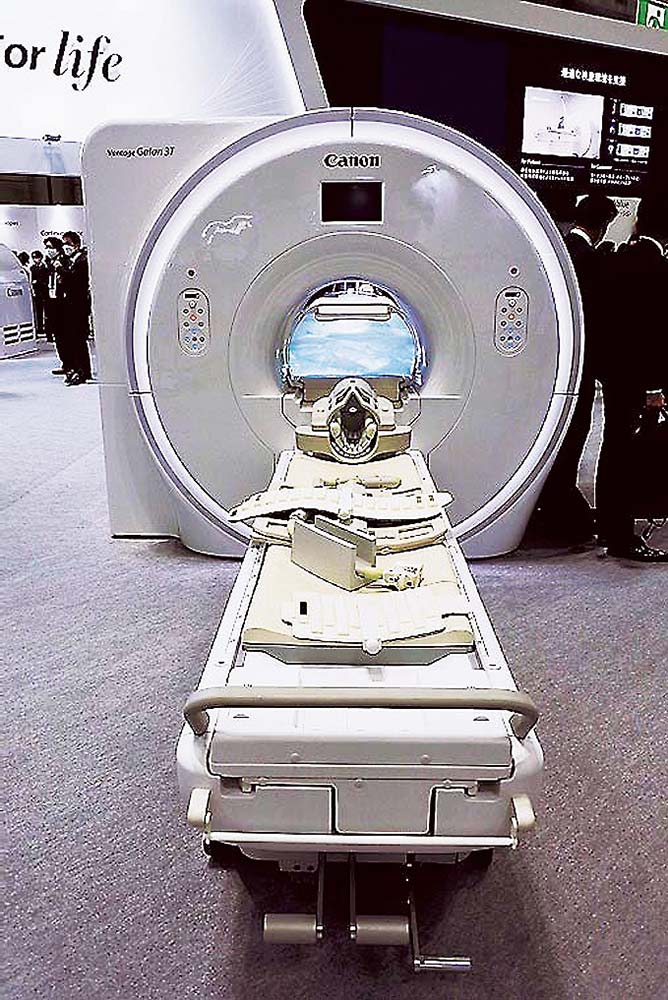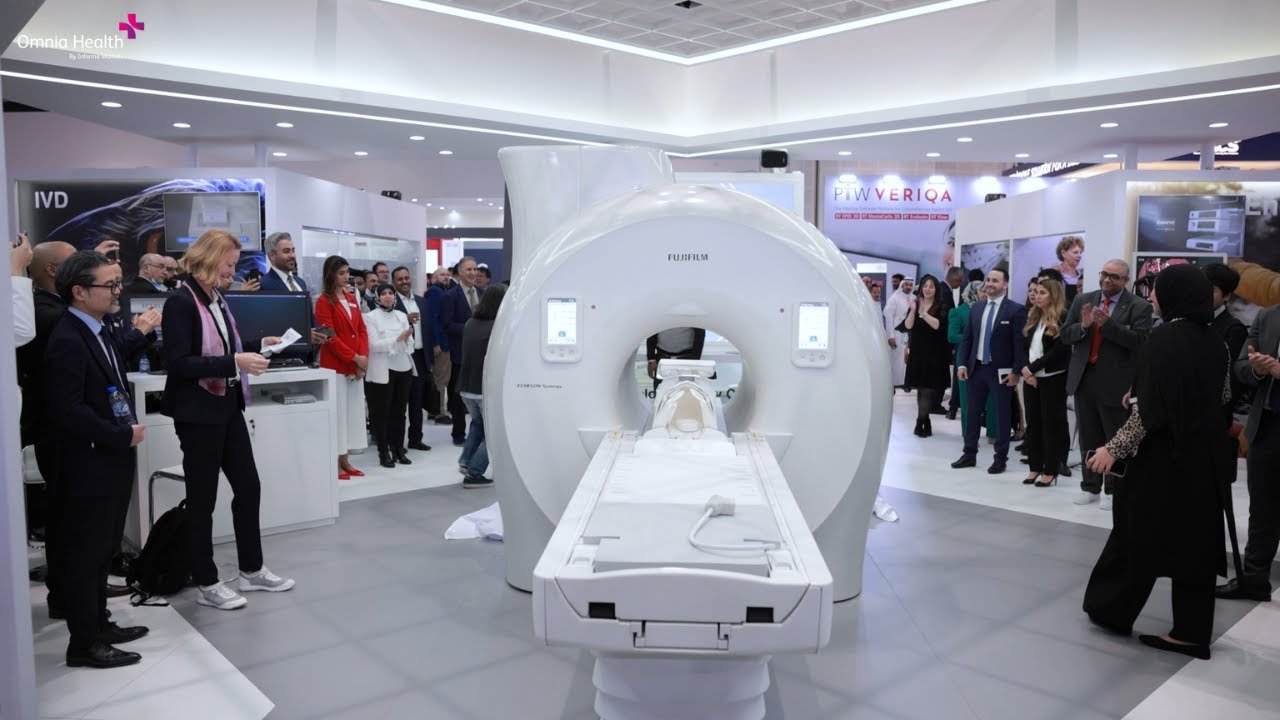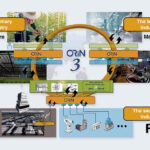ASIA ELECTRONICS INDUSTRYYOUR WINDOW TO SMART MANUFACTURING
AI Drives Innovations in the Medical Field
Today, artificial intelligence (AI) drives major advancements in the medical field. Particularly, AI is being used for data analysis and diagnosis and attaining efficiency and improvement of medical operations. AI is being utilized in genomic medicine, medical interviews, diagnostic imaging, surgical support, and drug development, among others. In Dec. 2022, public insurance in Japan covered diagnosis using AI medical devices for the first time. Moreover, AI utilization in the medical field is expected to further accelerate in the future.
The field of image diagnosis using AI is attracting attention due to its high affinity with deep learning. Also, AI is already being used to detect cancer in its early stages by combining AI and image recognition.
Various companies in Japan are involved in the development of AI for the medical field. Among them are Canon Medical Systems Corp., FUJIFILM Holdings Corp., LPIXEL Inc., and AI Medical Service Inc. Specifically, LPIXEL Inc. develops AI-based medical image analysis software, while AI Medical Service Inc. develops AI-based endoscopic image diagnosis.
Supporting Doctors’ Diagnosis
Specifically, Canon Medical Systems Corporation is one of the first companies to incorporate image processing technology developed using deep learning into its CT and MRI systems. Mainly, the company excels in diagnostic imaging equipment that supports more accurate diagnosis. In addition, it utilizes healthcare IT technologies such as AI analysis technology and 3D processing technology. This way, the company supports physicians’ diagnosis and treatment by providing images taken by diagnostic imaging equipment. Mainly, these are considered value-added, easy-to-diagnose information.
As for the value that AI can bring to healthcare, the company believes it is necessary to provide a balance of clinical, operational, and management value under its AI solution brand, “Altivity.”
Particularly, under its medical AI solutions, the company began installing its AiCE image reconstruction technology, which uses deep learning to remove noise, in CTs in 2018. To date, the company has been expanding horizontally. Also, it has been increasing the model mix, upgrading to MRIs since 2019, to healthcare IT since 2020, and to diagnostic ultrasound systems since 2021. At the same time, the company has been increasing the number of models while upgrading and expanding horizontally.
From 2023, Canon Medical Systems has responded to the needs of the medical field for even higher resolution and shorter imaging time. In relation, it has developed the “Vantage Galan 3T” MRI equipped with PIQE a super-resolution DLR technology. Specifically, it reconstructs high spatial resolution images from low spatial resolution images using reconstruction processing based on deep learning.

Canon Medical Systems aims at personalized precision medicine while supporting low-cost, reduced patient burden, and high-quality examinations. It will pursue the evolution of diagnostic imaging equipment for cleaner, finer and noise-free images, and greater ease of use.
Utilizing proprietary AI technology
Meanwhile, FUJIFILM, under its medical AI technology brand “REiLI,” leverages its proprietary image processing and AI technologies to provide a wide range of diagnostic solutions. Among them are image diagnosis support AI platforms, development of AI-based research infrastructure systems, and medical IT solutions. The company provides diagnostic solutions in a wide range of areas.

In the future, FUJIFILM aims to further evolve the examination of workflows through AI. The company aims to introduce products and services utilizing medical AI technology in all 196 countries by FY2030.
This is an English translation of an original Japanese article published in Dempa Shimbun Daily.
-18 April 2024-




